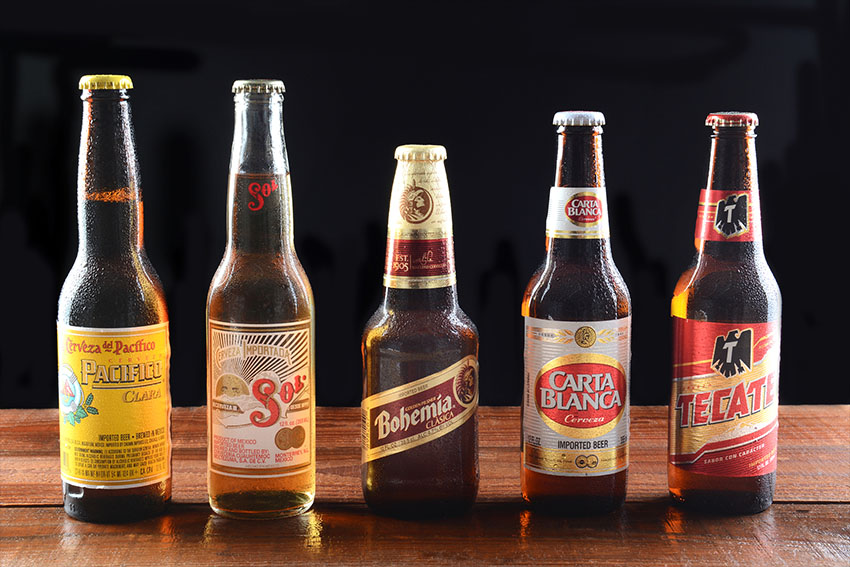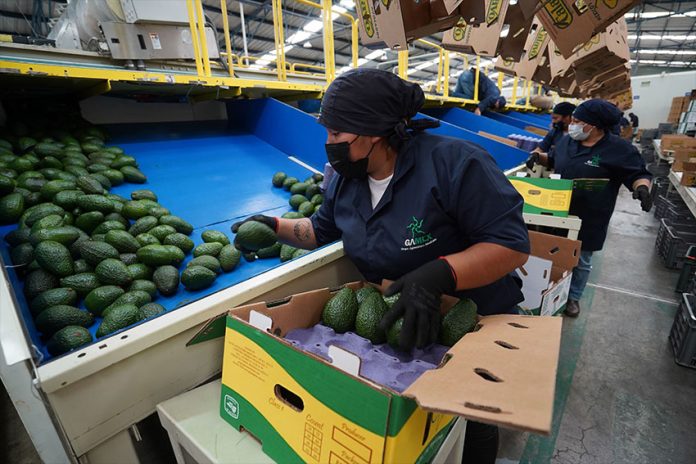Food and beverages including meat, fruit, vegetables, beer and tequila earned Mexico over US $34 billion in export revenue in the first eight months of the year, a new record high.
Data from the national statistics agency INEGI, the Bank of México and the Agrifood and Fishing Information Service shows that agricultural and agro-industrial exports were worth $34.12 billion between January and August, an increase of 15.5% compared to the same period of last year.
The only larger source of foreign revenue in the same period were remittances sent home by Mexicans working abroad. They totaled $37.93 billion in the first eight months of the year.
Foreigners have long had a taste for Mexican alcoholic beverages, and their thirst hasn’t waned in 2022.

Beer exports were worth just under $4 billion between January and August, while tequila and mezcal shipments brought in just over $2.9 billion in revenue.
Five Mexican beers — Modelo, Corona, Dos Equis, Pacífico and Tecate — were among the top 10 best-selling imported beers in the United States last year, according to data published by Statista. Modelo and Corona were No. 1 and 2, respectively.
Avocados were another significant earner of export dollars, bringing in just under $2.5 billion in the first eight months of the year. Two Mexican states, Michoacán and Jalisco, can now export the fruit to the lucrative U.S. market after the latter was authorized to do so earlier this year.
While Mexico is a significant exporter of agricultural and agro-industrial products, it is also a large importer of such goods. Imports were worth just under $28.84 billion in the first eight months of the year, leaving Mexico with a trade surplus of almost $5.3 billion in the agricultural/agro-industrial category.
Corn imports were worth over $3.7 billion, foreign-grown soybeans cost $2.9 billion, pork purchases added up to almost $1.6 billion and the outlay on wheat shipments was close to $1.5 billion.
President López Obrador is determined to make Mexico self-sufficient in both food and energy (including gasoline), but the country’s current dependence on imports — especially from the U.S. — means he has a significant challenge on his hands.
The dependence on foreign-grown corn is a particularly sore point for the president (and many other Mexicans) given that it is native to the country and indigenous peoples living in what is now southern Mexico were the first to domesticate the crop some 10,000 years ago.
With reports from Reforma
